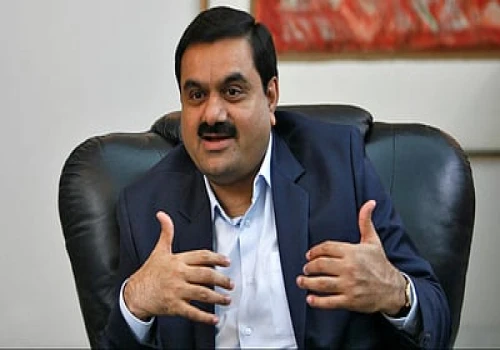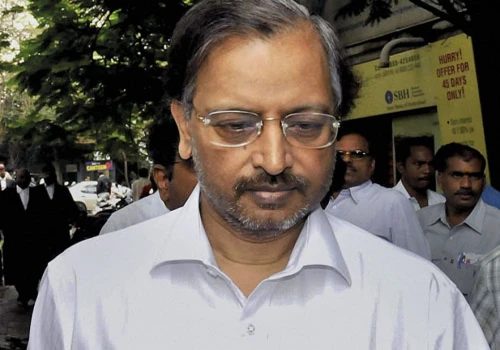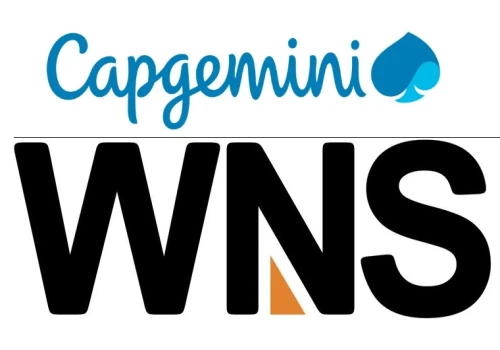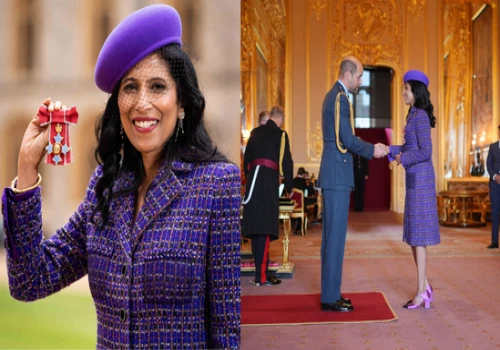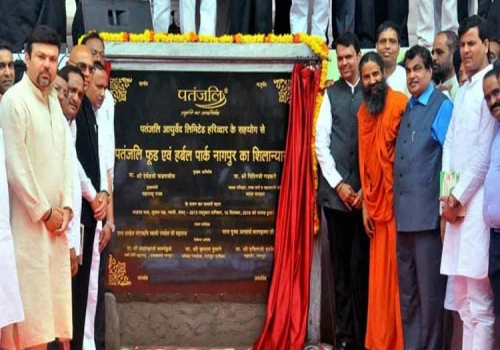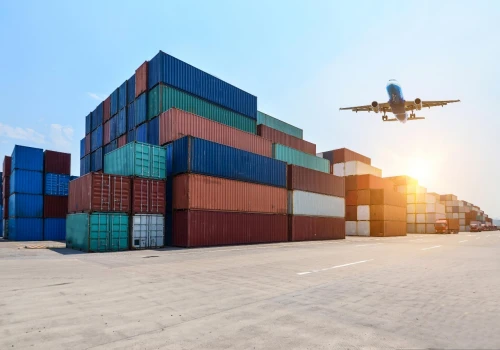
For years, Elon Musk's dream of bringing Tesla to India seemed stalled. The Indian government, prioritizing local manufacturing, wasn't budging on its stance. But recent policy changes might have opened the door, with some seeing it as a win for Tesla. However, Maruti Suzuki, India's leading carmaker, remains unfazed. Let's delve into why.
The Policy Shift: A Boon for Tesla?
On a Friday, the Indian government announced a significant policy change. Companies investing at least $500 million and setting up manufacturing facilities within three years would benefit from reduced import duties on specific electric vehicles (EVs). This move is widely seen as a potential game-changer for Tesla, aligning with their long-standing lobbying efforts.
Why Maruti Isn't Worried
Maruti Suzuki Chairman, R C Bhargava, remains confident despite the policy shift. He believes the new policy is designed to attract cutting-edge technology, not replace existing domestic manufacturers. Here's his reasoning:
- Focus on High-End Market: Bhargava argues that the reduced import duty applies to expensive EVs, catering to the premium segment. Maruti, known for its budget-friendly cars, primarily operates in the mass market. This creates a clear distinction, minimizing direct competition.
- Limited Impact: Even if there's some overlap, Bhargava anticipates minimal negative impact on domestic players. He views Tesla's entry as potentially positive, pushing the entire Indian EV industry forward.
Tesla's Push for India
For years, Tesla has actively pursued entry into the lucrative Indian market. This involved:
- Multiple Visits: Tesla representatives have visited India on numerous occasions in recent months, showcasing their commitment.
- Meeting With PM Modi: Last year, Elon Musk himself met with Prime Minister Narendra Modi, highlighting Tesla's seriousness about entering the Indian market.
- Demand for Reduced Import Duty: Tesla, facing high import taxes (70% or 100% depending on the car's value), had been lobbying for a reduction. The new policy partially addresses their concerns.
A Win-Win for Indian EVs?
While some see the policy change as a win for Tesla, the bigger picture is more nuanced:
- Technology Transfer: The policy incentivizes foreign companies like Tesla to set up manufacturing plants in India. This can lead to technology transfer, benefiting the domestic EV industry in the long run.
- Increased Competition: Tesla's entry could potentially spur innovation and improve the quality of EVs offered by domestic manufacturers.
- Consumer Choice: Indian consumers will have access to a wider range of EVs, catering to different needs and budgets.
The Road Ahead
The Indian EV market is poised for significant growth. Whether Tesla's entry disrupts the market or fosters a collaborative environment remains to be seen. Maruti's confidence suggests the impact on established players might be limited. Ultimately, the policy change could be a win-win for both foreign companies and domestic EV players, accelerating India's journey towards a greener future.



